Top 20 Free Things to Do in Barcelona
Mar 21, 2025Barcelona is a vibrant city filled with history, culture, and stunning architecture. The best part? Most of its famous attractions are completely free!
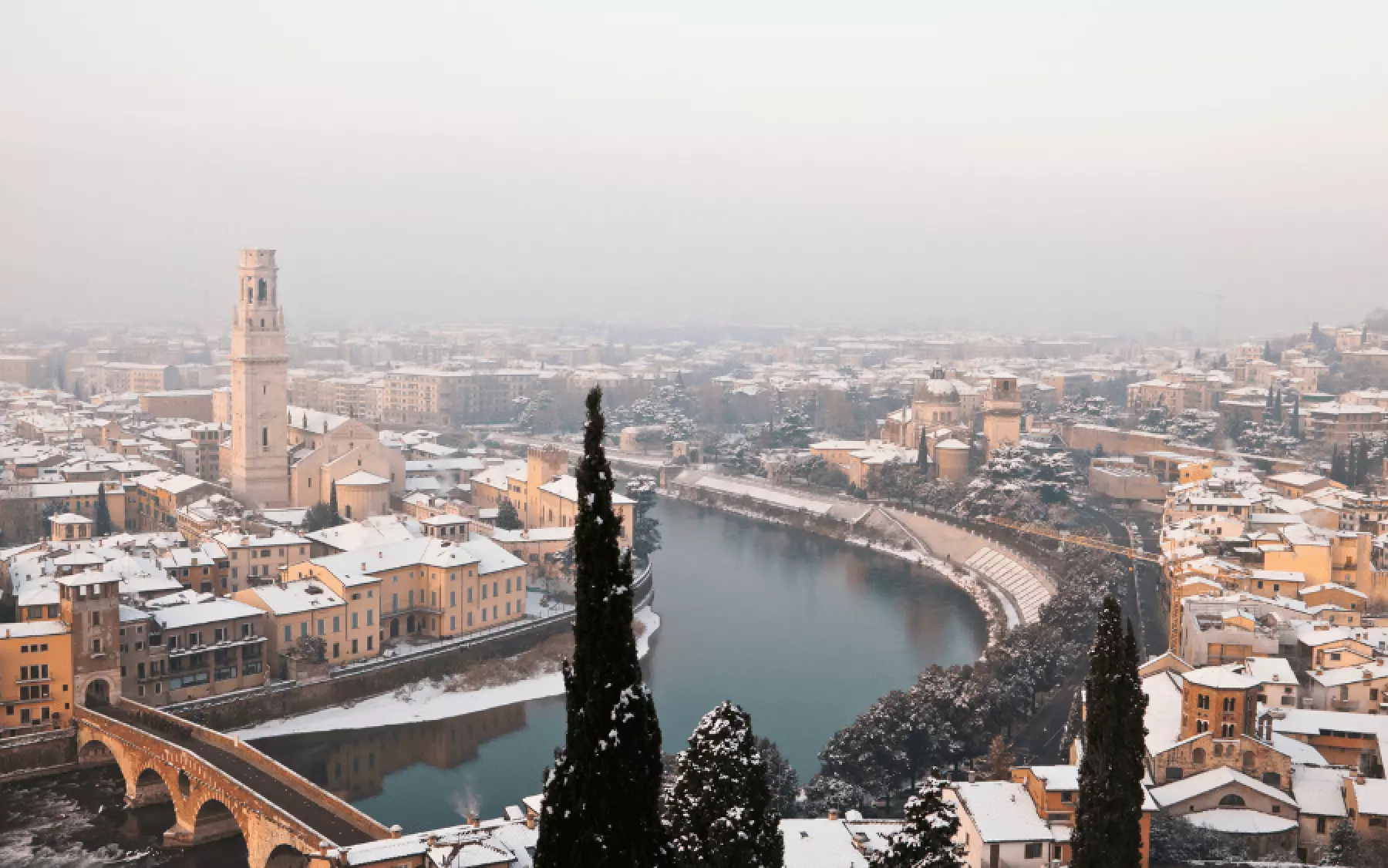
Experiencing Verona in the winter is like stepping into a charming Italian postcard. The city, renowned for its rich history and romantic ambiance, transforms into a cozy haven during the colder months. Whether you're planning to enjoy Christmas in Verona or simply explore Verona in winter, there's an abundance of activities to make your visit memorable.
From mid-November to December 26th, Verona's squares come alive with festive cheer. The main markets are held in Piazza dei Signori and the Courtyard of the Mercato Vecchio, featuring over 100 wooden stalls inspired by the Christkindlmarkt of Nuremberg, Germany. Here, you can find handcrafted gifts, traditional decorations, and indulge in seasonal treats.
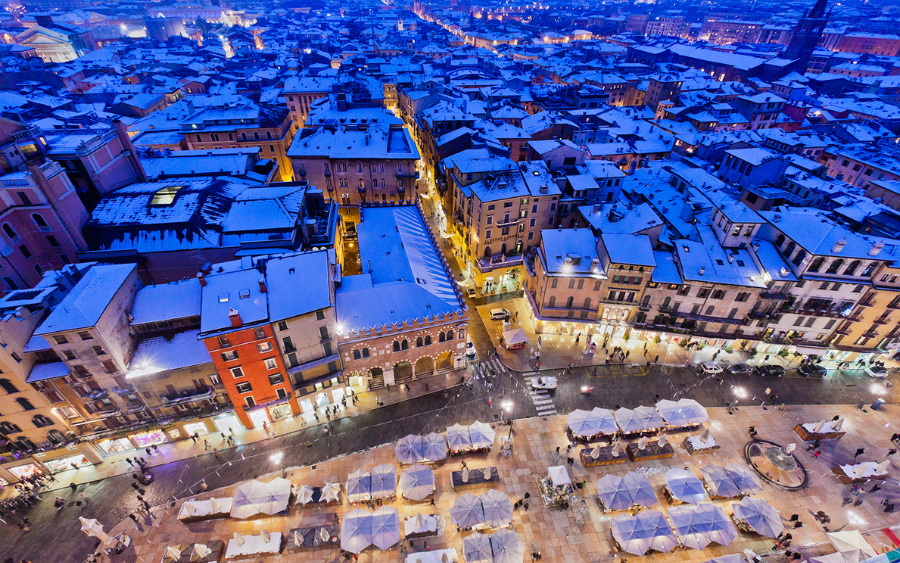
Warm up with a cup of vin brulé, the Italian version of mulled wine, or try a bombardino, a delightful concoction made with egg liqueur and brandy, topped with whipped cream and cinnamon. These drinks are popular at the Christmas markets and are perfect for combating the winter chill.
Winter provides a serene backdrop to visit some of Verona's most beautiful churches. The Basilica of San Zeno, known for its Romanesque architecture, and the Cathedral of Verona (Duomo di Verona), with its stunning frescoes, are must-see sites. The Basilica of Sant'Anastasia is another gem, showcasing Gothic architecture and impressive artworks.
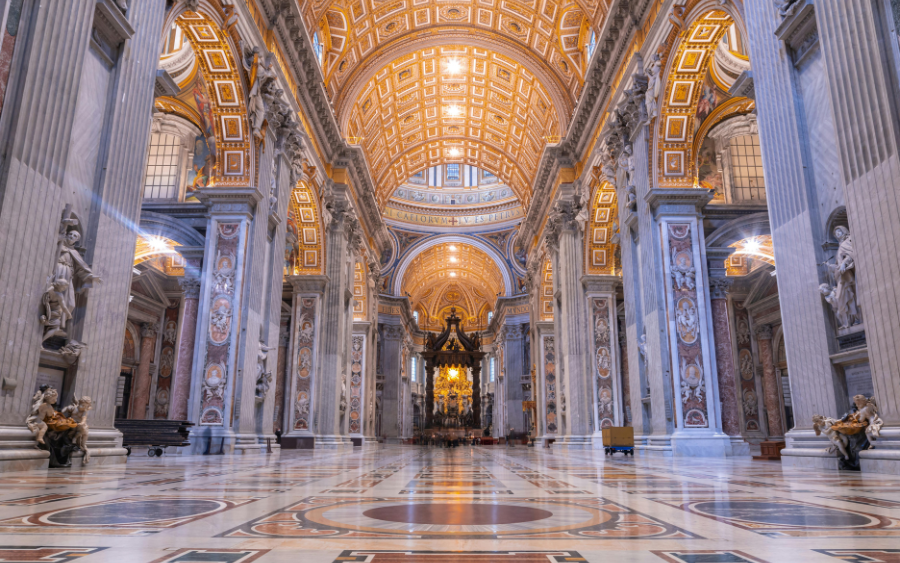
Winter in Verona is the perfect time to enjoy the city's rich and hearty cuisine, which is deeply rooted in tradition. The colder months call for comforting dishes and robust wines that warm the soul.
One of Verona’s most famous dishes is Pastissada de Caval, a slow-cooked horse meat stew dating back to the fall of the Roman Empire. Legend has it that after the Battle of Verona in 489 AD, the victorious Ostrogoths found an abundance of horse meat left behind by the defeated army. To prevent waste, they stewed the meat with red wine, vegetables, and spices, creating a dish that remains a local delicacy today. You can try it at Trattoria al Pompiere, a historic eatery known for its traditional Veronese flavors.
Another must-try is Risotto all’Amarone, made with the region’s renowned Amarone della Valpolicella wine. This luxurious risotto has a deep, velvety texture and a rich, slightly bitter-sweet taste, thanks to the dried grapes used in Amarone production. Antica Bottega del Vino, one of Verona’s oldest wine bars, is an excellent spot to enjoy this dish paired with a glass of Amarone itself.
For pasta lovers, Bigoli con le Sarde is a traditional Veronese pasta dish featuring thick, rustic spaghetti-like noodles served with a sauce made from sardines, onions, and olive oil. This dish reflects Verona’s historical ties to Venice and its influence on regional cuisine.
December 13th is a special day in Verona, as locals gather to celebrate Santa Lucia, the patron saint of light and sight. The Feast of Santa Lucia is deeply rooted in tradition, dating back to the Middle Ages when a famine struck the region. The people of Verona prayed to Santa Lucia for relief, and soon after, ships arrived with much-needed grain supplies.
To commemorate the occasion, Piazza Bra transforms into a bustling market where vendors sell Santa Lucia’s traditional sweets, including frittelle (fried doughnuts), mandorlato (honey-almond nougat), and puoti (decorative marzipan figures). Children eagerly await this holiday, as it is custom for them to receive gifts from Santa Lucia rather than from Santa Claus.
In addition to sweet treats, the festival is known for its luminaries, as thousands of candles and lanterns light up the streets of Verona, symbolizing the triumph of light over darkness.
While the Arena di Verona is famous for its summer opera festival, the city's love for classical music continues throughout winter at the prestigious Teatro Filarmonico. This historic opera house dates back to the 18th century and is one of Italy’s oldest and most revered theaters.
The winter program features a mix of opera, ballet, and classical concerts, often showcasing works by Italian composers like Verdi, Puccini, and Rossini. Attending a performance here is an intimate experience, as the theater’s elegant interiors and excellent acoustics create a captivating atmosphere.
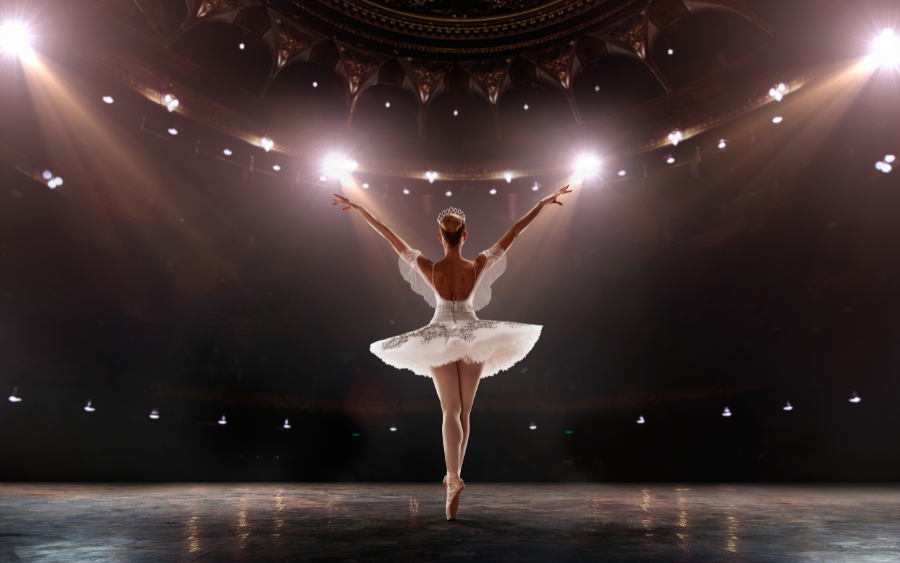
A short 30-minute drive from Verona takes you to the picturesque Lake Garda, Italy’s largest lake. While summer sees flocks of tourists, winter transforms the lake into a peaceful retreat, where you can explore charming lakeside villages without the crowds. One of the best destinations is Sirmione, famous for its thermal baths and the medieval Scaliger Castle, which appears even more enchanting when covered in a light winter mist. The thermal waters, known for their therapeutic properties, are the perfect way to relax after a day of exploring.
A unique winter attraction near the lake is Bardolino’s Olive Oil Museum, where you can learn about the history of olive oil production in Northern Italy and taste some of the finest extra virgin olive oils.
Wine lovers should visit Lazise to try Bardolino Novello, a young red wine that pairs beautifully with local cheeses and cured meats.
For adventure seekers, Monte Baldo, overlooking the lake, offers snowshoeing and skiing opportunities. The Malcesine-Monte Baldo cable car provides breathtaking panoramic views of the lake and snow-capped mountains.
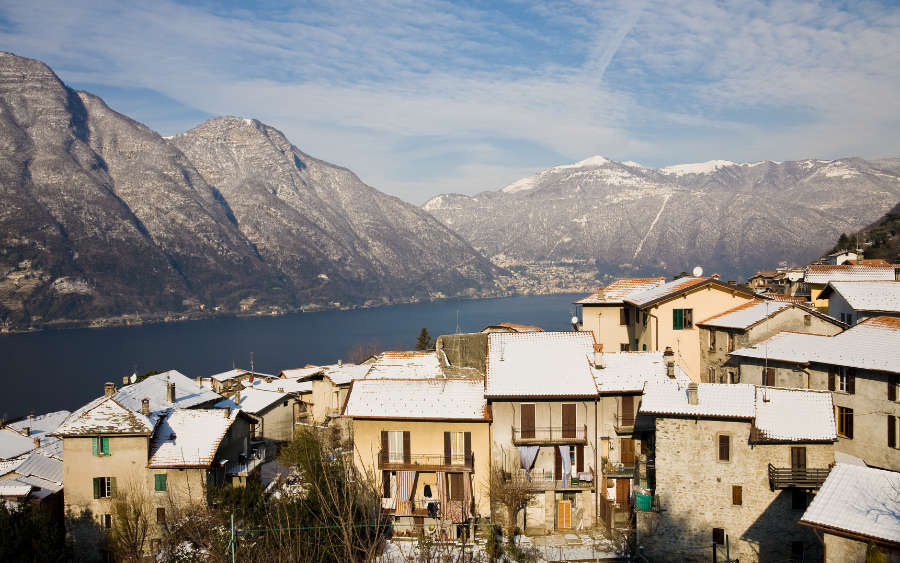
Verona’s Bacanal del Gnoco, better known as Verona Carnival, is one of Italy’s oldest and most vibrant pre-Lenten festivals. Its origins date back to 1531, when a severe famine left many Veronese people struggling to afford food. A generous nobleman, Tommaso da Vico, organized a free distribution of gnocchi, a gesture that became an annual tradition.
The highlight of the carnival is Venerdì Gnocolar (Gnocchi Friday), when the city’s streets fill with parades, colorful costumes, and masquerade parties. The star of the event is Papà del Gnoco, a jolly, bearded man holding a giant fork with a massive gnocchi on top, who leads the parade.
If you’re in town during carnival season (late January to February), be sure to taste authentic gnocchi alla Veronese, a potato-based pasta served with a rich tomato and cheese sauce or a slow-cooked meat ragù.
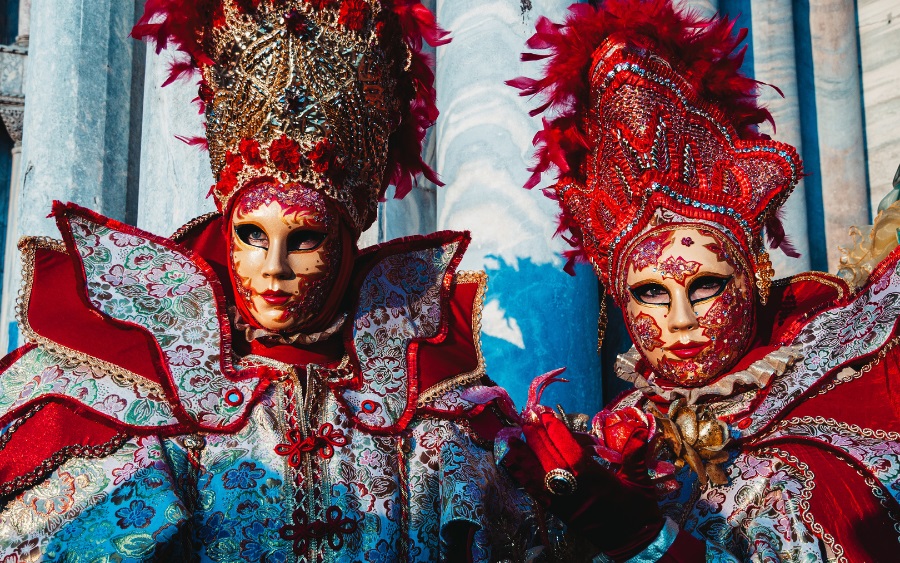
The Castelvecchio Museum, housed in a magnificent 14th-century medieval castle, is a treasure trove of history and art. The fortress was originally built by the powerful Scaligeri family as a military stronghold to defend Verona from invaders.
Today, the museum boasts an impressive collection of Renaissance paintings, medieval sculptures, and ancient weaponry. Notable artworks include pieces by Pisanello, Tintoretto, and Veronese, who were among Italy’s most celebrated painters.
The nearby Valpolicella region is famous for its wines, including Amarone and Recioto. Many wineries offer tours and tastings, allowing you to savor local flavors amidst picturesque winter landscapes.
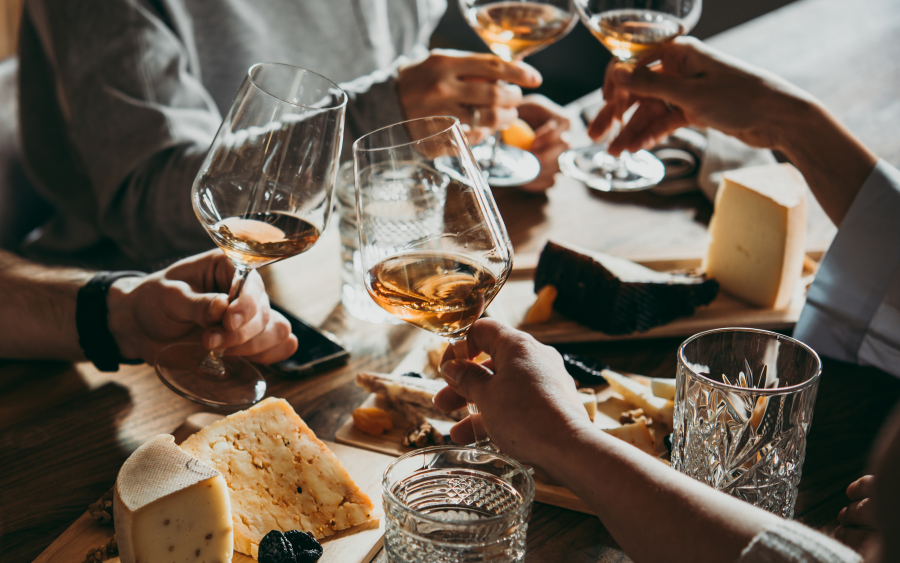
With its mix of festive charm, rich history, and mouthwatering cuisine, Verona in winter is a magical destination that offers something for every traveler. Whether you're strolling through Christmas markets, savoring local delicacies, or soaking in the beauty of Lake Garda, winter in Verona promises unforgettable experiences.
Start planning your winter getaway and fall in love with Verona's enchanting atmosphere!